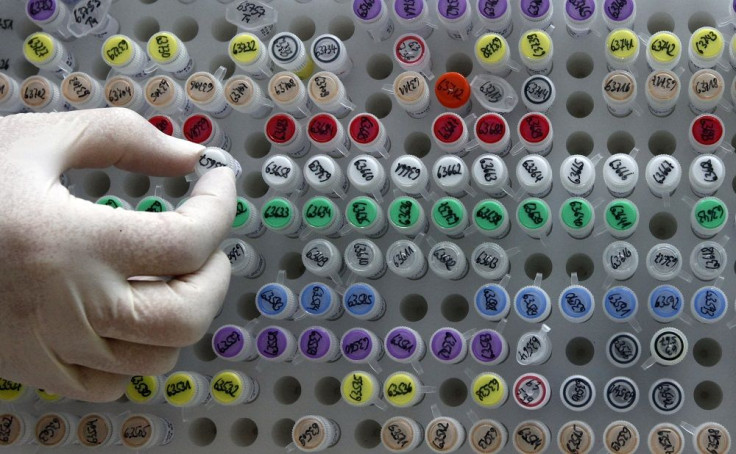US is the new address for Australians to have sex selective IVF procedure
Australian couples travelling to US to pick their child's sex

Parent-to-be Australian couples are looking towards the US for sex selective IVF (In Verto Fertilisation) technique that has doubled in five years. This has sparked a debate whether the government should legalise the practice in the country, says a BioEdge report.
“Typically it’s women wanting to have a daughter, that’s 80 percent of what we do” says the Infertility doctor-turned-businessman Daniel Potter who runs HRC Fertility, a network of IVF clinics in Southern California. Potter adds that about 20 Australian couples visit his clinic every month and even after having multiple sons, most of them are desperate for a baby girl. Apart from couples, many of them feel that they can wait for the right partner but cannot delay having children, says Youth Health Magazine.
Every year about 150 to 200 Australian couples travel to the US to get this procedure done at a cost of $15,000 per treatment that excludes the travel and accommodation costs. The fertility experts from US are about to speak on the controversial issue of gender selection in Australia. Due to the rise in treatment, the Australian National Health and Medical Research Council, or NHMRC, is presently running a consultation about proposed changes to the existing law on sex-selective IVF.
While doctors like Daniel strongly favours the change in law and think of it as a reproductive freedom issue, Tereza Hendl, a health and science researcher from the University of Sydney, says “I’m quite critical of it because I think it basically reinforced a binary view of children.” This process promotes sexism, adds Hendl.Countering Hendle’s views, IVF Australia’s medical director, Peter Illingworth, favours the guidelines being changed and feels that even if it happens, there might not be a flood of couples pursuing gender selection IVF in Australia. “I think the for this is very small, there are not a lot of couples for which this is a big issue, people are primarily concerned about having a healthy child,” he adds.
Apart from the IVF issue, the NHMRC is also seeking advice on whether it should lift the ban on sex selection that came into being in the year 2005.
Contact the writer at feedback@ibtimes.com.au or tell us what you think below at the bottom of the article.






